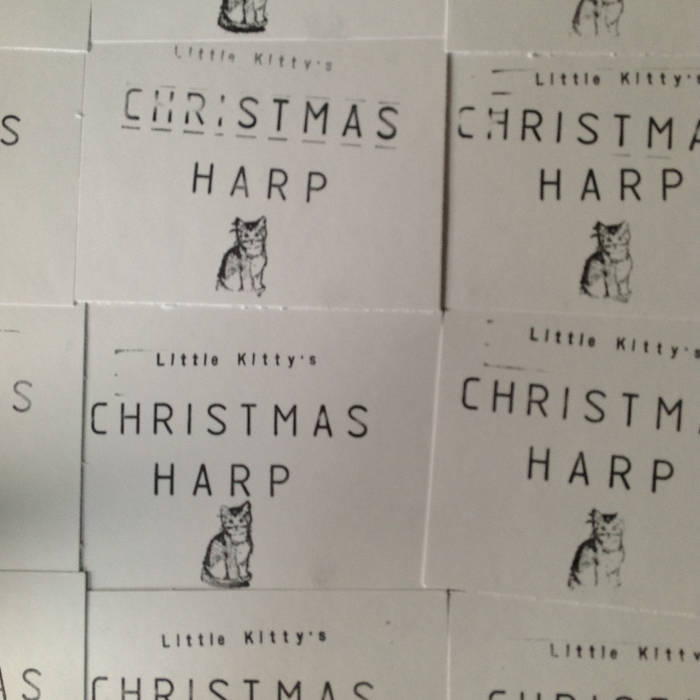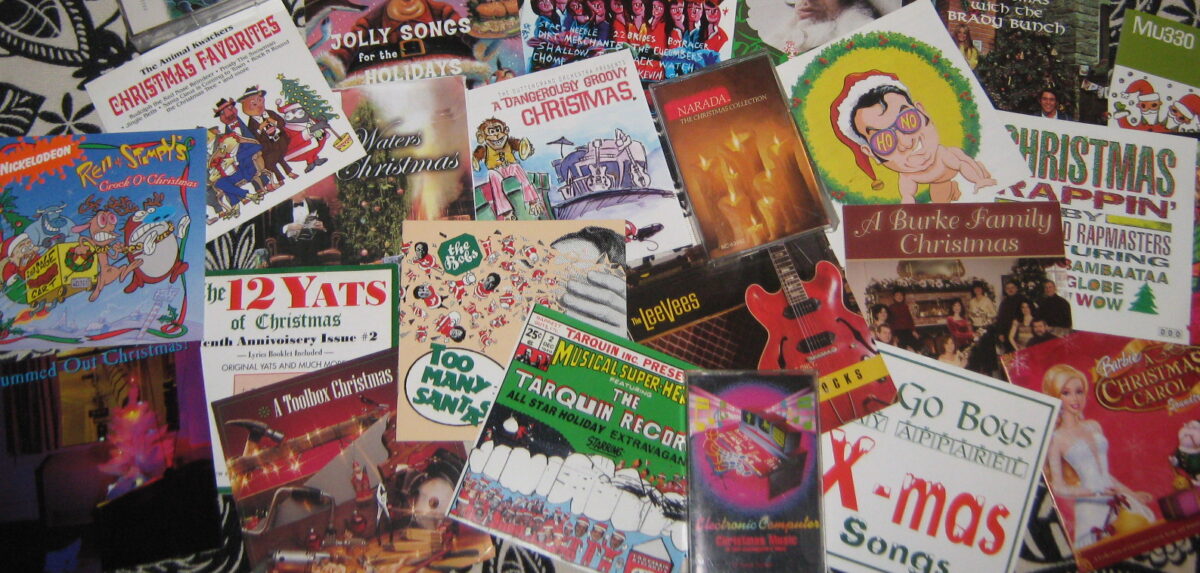The Kinnor, the lyre, the ancient veena, the cláirseach, the konghou (or gonghu), the arpa jarocha, the ardin, the saun-gauk, and even the Gravikord are all branches off the evolutionary tree of the harp. That’s a popular idea.
But it is an elegiac thing, so–bummer tidings. Like Dolly Parton and Porter Waggoner’s “Little David’s Harp.” See this Xmas-born blind child plays flawlessly, for the angels. Emotional country, so no happy ending.
Even more tragic, “John Doe No. 24” is blind and mute (and half-wit), but now orphaned and passed around to state homes. Despite getting a harp for Christmas, he misses Mom and Dad. It can’t get much worse…. or can it, Mary Chapin Carpenter?
Well, then came Johnny Cash. “The Ballad of the Harp Weaver” is the poverty stricken widow and starved child, with only a harp they couldn’t sell. Winter sets upon them, and she plays, and suddenly they have everything they want. You don’t suppose…?
Jesus help us! Judy Collins sings of the Nativity, yet no drum does disturb the peace. In this gospel folk, the harp sets the scene “All on a Wintry Night.” Much less pathos.
Plenty of traditional carols mention harps, because–you know–angels: “It Came Upon a Midnight Clear” (ruined by early sell-out rappers Crew X) and “Deck the Halls” (swung by the ever-lovin’ groovester Jesus Presley) among them.
Now, back to novelty, already in progress… Little Kitty Williams growls out the medieval “Christmas Harp.” Nothing else like it.

